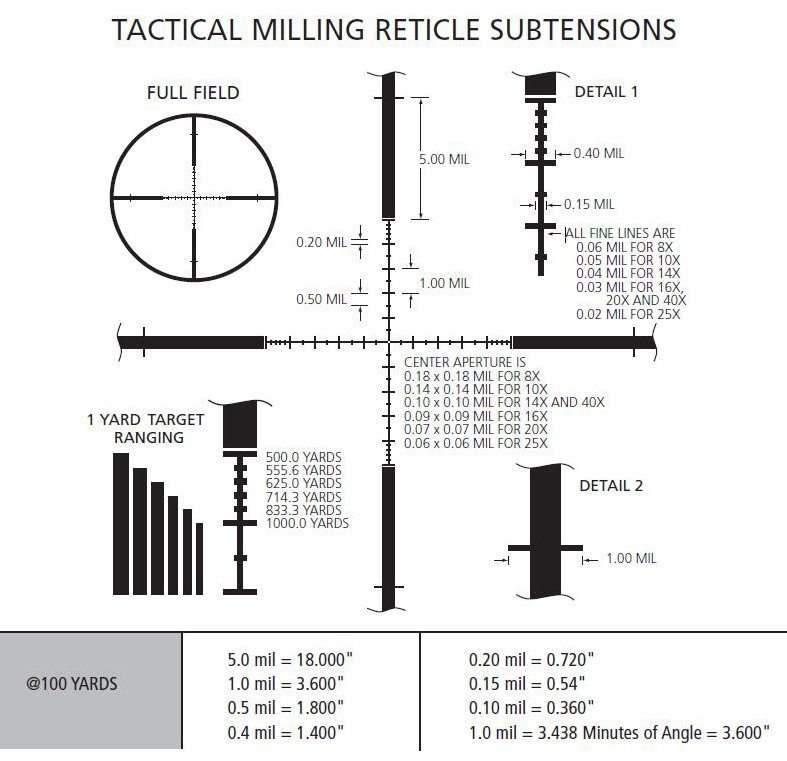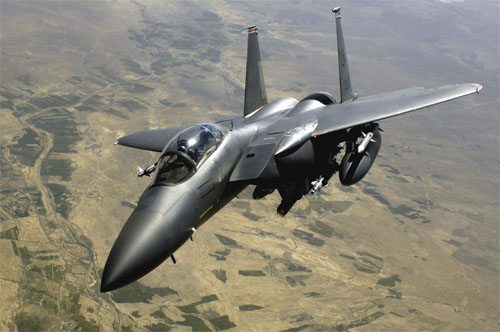United Press International,
WASHINGTON: When is a peacekeeping operation not a peacekeeping operation? The question currently confronts NATO as the alliance seeks to increase both its strength and the area it covers in Afghanistan allowing the Bush administration to pull out U.S. forces that are needed in connection with Iraq.
NATO has agreed to raise the strength of ISAF, the peacekeeping International Security Assistance Force, from 9,000 to 15,000 troops by early 2006. The aim, according to NATO experts, is to extend ISAF's reach. Currently, ISAF maintains security in the capital, Kabul, and has detachments in the north and west of the country. Under the expansion plan British, Dutch, and Canadian troops will move into the south, including Helmand province, a notorious Taliban hotbed and a center of opium production. Germany will take over the more stable north, and the Italians and the Spaniards will establish bases in the west.
There lies the rub, or rather two rubs. The first is that ISAF troops are moving into areas – notably the south – where they are likely to come into more than occasional contact with Taliban fighters, and that exposes them to more danger, as well as raising questions about the role they are supposed to have. The second is the current debate over a U.S. proposal to merge ISAF with Operation Enduring Freedom, the U.S.-led counter-insurgency operation, which raises even larger questions about NATO's peacekeeping role in Afghanistan. This is the operation that has been looking for Osama bin Laden and members of his al-Qaida terrorist organization since the end of the Afghan war in 2001, and fighting the stubborn remnants of the Taliban.
France, Germany, and Spain rejected the U.S. proposal when Washington first made it a year ago, and the argument has dragged on within the Atlantic Alliance ever since. European diplomats in Washington told United Press International Saturday that some other NATO members are also opposed, but quietly, letting France run the main interference.
One objection is that the merger will change how ISAF is perceived by Afghans. Force components work with Afghan police and the emerging armed forces in maintaining security. ISAF officers claim to receive a high level of cooperation from ordinary Afghans. The U.S.-led alliance in Operation Enduring Freedom is engaged in an ongoing offensive involving fighting in villages where Taliban or terrorist suspects were hiding, and the collateral damage from ground battles and air strikes has often included innocent villagers and their property.
To Read Full Article Click Here









